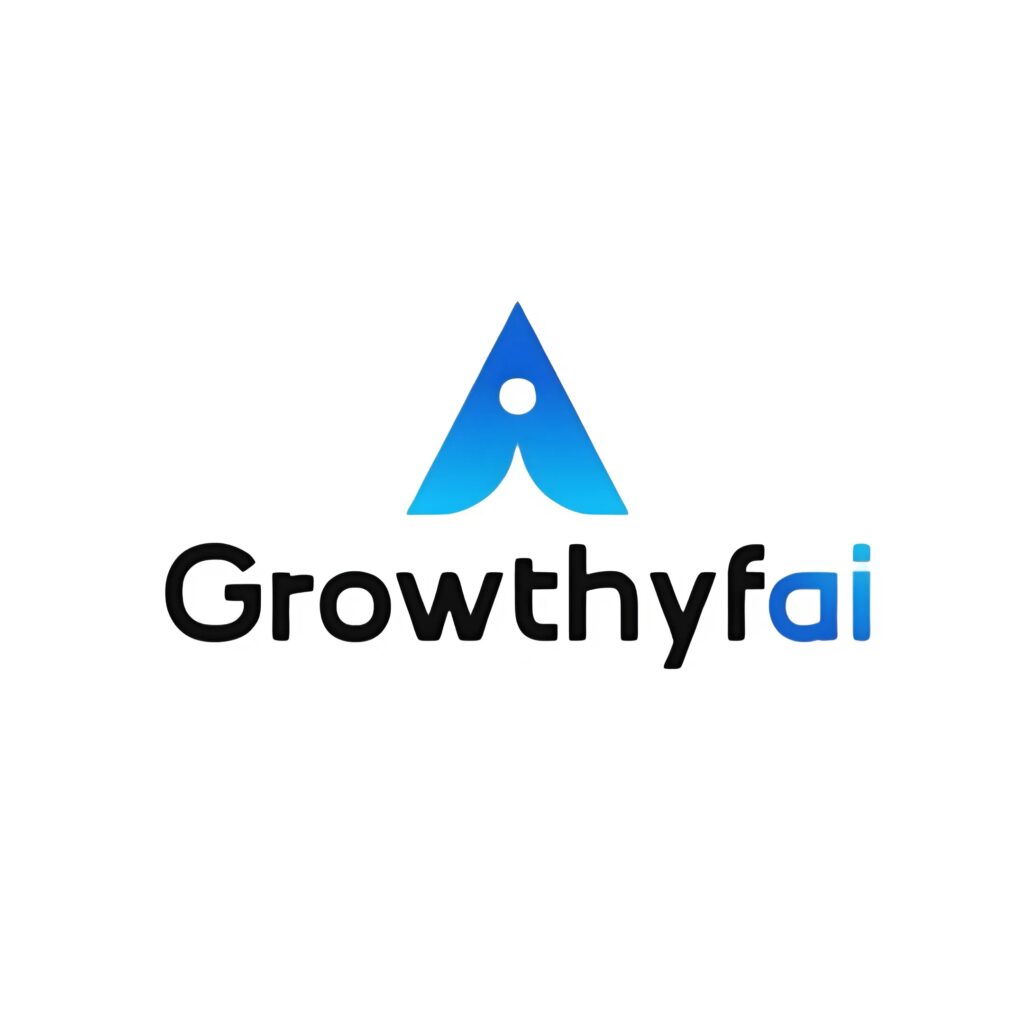The Ethical Implications of AI in Automated Decision-Making Systems

The Ethical Implications of AI in Automated Decision-Making Systems
The rapid advancement of artificial intelligence (AI) technologies has paved the way for their integration into various facets of our lives, particularly through automated decision-making systems. While these systems promise significant improvements in efficiency and accuracy, they also raise critical ethical questions. As AI permeates more aspects of our digital lifestyle, understanding and addressing these ethical implications is paramount. This article delves into the ethical considerations of AI in automated decision-making, exploring both the advantages and potential pitfalls that accompany this evolving technology.
—
Understanding Automated Decision-Making Systems
Automated decision-making systems leverage algorithms and AI to make decisions without human intervention. These systems process vast amounts of data to execute tasks ranging from approving loans and offering job recommendations to managing traffic systems and personalized marketing campaigns. They promise to decrease bias, improve decision speed, and enhance resource management, presenting a compelling case for their adoption across industries.
—
The Advantages of Automated Decision-Making
Automated decision-making systems offer numerous benefits, including increased efficiency, scalability, and consistency. By removing human error, they theoretically ensure decisions are made more objectively. For instance, in financial services, AI can analyze credit histories and spending behaviors far more quickly and accurately than human agents, reducing the time needed to approve loans while minimizing risk.
Moreover, these systems can operate at a scale unimaginable for human workers, making decisions based on data from millions of users simultaneously. This scalability allows organizations to offer personalized experiences, like customized shopping recommendations or targeted advertising, thereby enhancing customer satisfaction and operational efficiency.
—
The Ethical Concerns Surrounding AI in Decision-Making
Despite their potential benefits, AI-driven decision-making systems pose significant ethical challenges. Foremost among these concerns is bias. Algorithms learn from existing data, which might contain historical biases, leading them to perpetuate or even exacerbate such biases. For example, AI systems used in hiring processes may replicate biases present in the data they’re trained on, potentially discriminating against certain demographics.
Another ethical concern involves accountability. When a machine makes a decision, it becomes challenging to hold it accountable in case of error or bias. If a person is wrongly denied a loan by an algorithm, tracing the responsibility becomes complicated. The lack of transparency in AI decision-making processes further complicates accountability, as many AI systems function as “black boxes” with decision pathways that are not easily interpretable by humans.
Privacy is yet another ethical issue, as these systems often require access to large amounts of personal data to function effectively. The risk of data breaches and unauthorized use of personal information presents a significant concern for users, who may not have control over how their data is used.
—
Case Studies Highlighting Ethical Implications
To better understand the ethical implications, consider the case of COMPAS, an AI system used in the United States to assess recidivism risk among offenders. Criticisms have emerged regarding its fairness, as studies found it more likely to mistakenly label African-American defendants as high-risk compared to white defendants. This bias highlights the potential for AI systems to unintentionally reinforce racial discrimination within the criminal justice system.
Another example is the use of AI in recruitment. In 2018, a major tech company faced criticism after its AI recruiting tool was found to discriminate against female candidates. The algorithm, trained on resumes submitted over the previous decade, favored male-dominated fields, inadvertently perpetuating gender biases in hiring practices.
—
Strategies to Mitigate Ethical Concerns
Addressing the ethical implications of AI in automated decision-making requires a multifaceted approach. Promoting transparency in AI systems can help users and stakeholders understand how decisions are made. Implementing explainable AI (XAI) methods allows for better interpretation of decision processes and identification of potential biases.
Developing diverse training datasets is crucial to combating algorithmic biases. By ensuring that AI systems are trained on data that reflects a wide range of demographics, organizations can reduce the risk of perpetuating existing disparities.
Furthermore, establishing clear regulatory frameworks and ethical guidelines for AI development and deployment is essential. Governments and international bodies can play a crucial role in creating standards that ensure fairness, accountability, and transparency.
—
The Role of Stakeholders in Ethical AI
AI developers, businesses, policymakers, and consumers all play vital roles in ensuring ethical standards in AI deployment. Developers should prioritize ethical training and incorporate ethics assessments in the AI lifecycle. Businesses must commit to ethical AI procurement and deploy practices that safeguard consumer rights. Policymakers can enforce laws that promote transparency and accountability, while consumers should remain informed and advocate for ethical standards in technology.
—
Conclusion
The integration of AI in automated decision-making systems is an inevitable evolution in our digital lifestyle, promising enhanced efficiencies and capabilities. However, these benefits must be balanced against potential ethical concerns. By addressing bias, enhancing transparency, and fostering accountability, society can ensure that AI technologies serve the greater good. As we continue to integrate AI into decision-making processes, a collaborative effort across all sectors will be essential in navigating the ethical landscape, ultimately driving toward a future where technology benefits everyone equitably.








